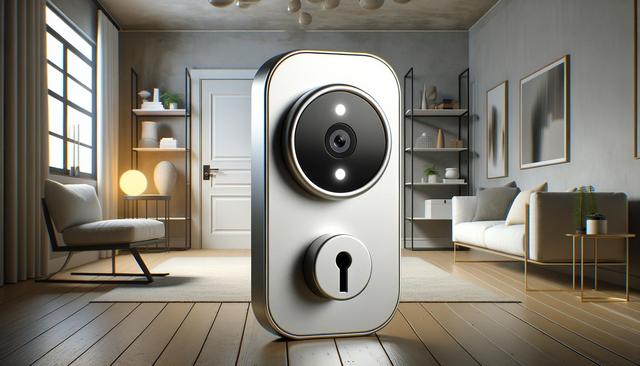What Is Epoxy Resin Flooring?
Epoxy resin flooring is a surface coating made from a combination of resin and hardener, which chemically react to form a rigid plastic material. This flooring system is known for its strong adhesion to concrete surfaces, making it a durable and long-lasting option. It is widely used in industrial, commercial, and increasingly, residential settings due to its seamless finish and resistance to wear and tear. The finished surface is not only robust but also visually appealing, with a glossy finish that enhances the aesthetic of any space.
Epoxy floors come in various types, including self-leveling epoxy, epoxy mortar floors, and decorative epoxy coatings. Each type is designed to meet specific needs, whether it’s heavy-duty performance in a warehouse or decorative flair in a retail store. The material’s chemical resistance and ease of cleaning make it particularly suitable for garages, basements, kitchens, and laboratories.
Main Benefits of Epoxy Resin Flooring
One of the key advantages of epoxy resin flooring is its exceptional durability. It withstands heavy traffic, impacts, and abrasions better than many traditional flooring solutions. This makes it a smart investment for environments where floors endure frequent use or mechanical stress.
Key benefits include:
- Long lifespan with minimal maintenance
- Resistance to chemicals, water, and stains
- Customizable colors and finishes
- Seamless surface that prevents dirt buildup
- Slip-resistant options available for safety
Additionally, epoxy resin flooring is known for its cost-effectiveness over the long term. While initial installation may require a professional and some investment, the reduced need for repairs and maintenance can offset these costs over time.
Applications Across Various Environments
Epoxy resin flooring is not limited to industrial settings. Its versatility allows for use in a wide variety of spaces. In commercial areas, it adds a polished, professional look while standing up to high foot traffic. In homes, it’s often used in garages, basements, and even kitchens for a modern and clean appearance.
Common applications include:
- Warehouses and manufacturing plants
- Retail stores and showrooms
- Healthcare and pharmaceutical facilities
- Garage and workshop floors
- Schools and educational institutions
In food and beverage facilities, epoxy floors meet hygiene standards and are easy to clean, making them a logical choice for compliance and cleanliness. Their seamless design also reduces the risk of mold and bacteria growth, which is crucial in sterile environments.
Installation Process and Considerations
Installing epoxy resin flooring typically involves several steps. The surface must be cleaned and prepared, often through grinding or shot blasting, to ensure strong adhesion. After preparation, the resin and hardener are mixed and applied in layers, each of which must cure before the next is added. The final coat can include decorative flakes, colored pigments, or anti-slip additives depending on the needs of the space.
It’s important to consider the following before installation:
- Proper surface preparation is critical for adhesion
- Temperature and humidity can affect curing
- Professional installation ensures a longer-lasting finish
- Downtime is necessary during curing, which can range from 24 to 72 hours
Although some DIY kits are available, professional installation is often recommended, especially for larger or high-traffic areas. This ensures optimal performance and longevity of the flooring system.
Design and Aesthetic Options
Beyond performance, epoxy resin flooring offers a wide range of aesthetic possibilities. The material can be customized to suit various interior design themes. From solid colors to metallic effects and decorative flakes, epoxy allows for unique and creative floor designs that are both functional and stylish.
Popular aesthetic features include:
- Metallic finishes for a modern look
- Clear coatings to reveal embedded designs or logos
- Custom colors matching brand or interior themes
- Textured surfaces for added grip and visual interest
These options make epoxy floors not only practical but also a design feature in their own right. Whether aiming for a sleek industrial style or a vibrant visual statement, epoxy flooring can accommodate a wide range of preferences without compromising on performance.
Conclusion: A Smart Flooring Choice for Many Spaces
Epoxy resin flooring stands out as a robust, attractive, and low-maintenance solution for diverse environments. Whether you’re managing a commercial facility, designing a modern garage, or upgrading a showroom, this flooring system offers both reliability and visual appeal. With its long lifespan, resistance to damage, and customizable appearance, it’s a practical option worth considering for anyone looking to invest in their space’s functionality and style.


